The Ultimate Guide to Flat Roof Sealant: Types, Benefits, and Top Brands
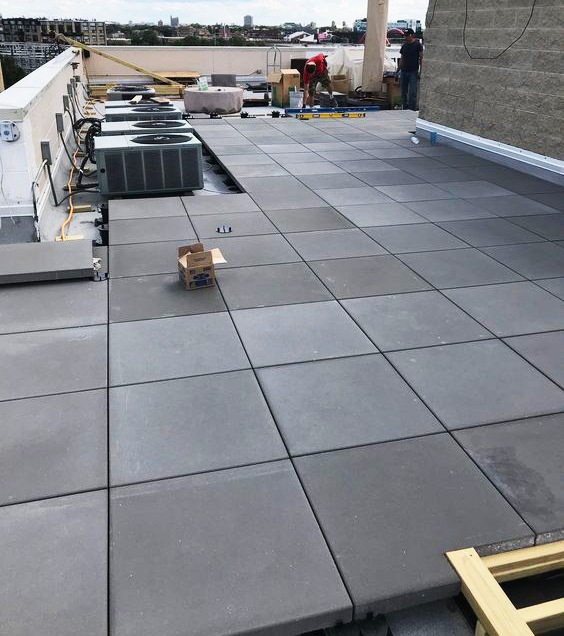
Introduction
Flat roofs are a popular choice for commercial and industrial buildings, as they offer several benefits such as low maintenance, energy efficiency, and versatility. However, flat roofs are more prone to leaks and damage than pitched roofs due to their design. This is where flat roof sealant comes in, providing a protective layer that prevents water from seeping through and causing damage to the building.
Flat roof sealant is a type of coating that is applied to the surface of the roof to provide a waterproof barrier. It can be made from various materials such as asphalt, silicone, acrylic, and polyurethane. The sealant can be applied in liquid form or as a sheet, depending on the type of material and the application method.
The importance of flat roof sealant lies in its ability to protect the building from water damage. Without proper sealing, flat roofs can be vulnerable to leaks, which can cause costly damage to the building structure and contents. By applying flat roof sealant, building owners can extend the life of their flat roofs and avoid expensive repairs.
Benefits of using flat roof sealant
One of the key benefits of using flat roof sealant is that it prevents water from seeping into the roof, which can cause significant damage over time. Water damage can weaken the structure of the roof, cause mold growth, and damage the interior of the building. Flat roof sealant creates a protective barrier that prevents water from seeping into the roof and protects the structure and interior of the building.
Another benefit of flat roof sealant is that it can improve the energy efficiency of the building. A reflective flat roof sealant can reflect sunlight and reduce the amount of heat absorbed by the roof, which can help lower energy bills by reducing the need for air conditioning.
Flat roof sealant also helps to maintain the aesthetic appearance of the building. The sealant can be tinted to match the color of the roof or the building exterior, providing a seamless and uniform appearance.
Types of Flat Roof Sealant
Choosing the right sealant is essential for protecting your building against water damage and leaks. However, with so many types of sealant available, it can be challenging to determine which one is the best fit for your needs. Here, we'll compare five common types of sealant: silicone-based, acrylic-based, asphalt-based, polyurethane-based, and rubber-based. We'll discuss the benefits and drawbacks of each type, so you can make an informed decision.
Silicone-based sealant
Silicone-based sealants are one of the most popular types of sealant due to their flexibility and resistance to extreme temperatures. They are perfect for use in areas that are exposed to a lot of moisture, such as bathrooms and kitchens. However, they do tend to be more expensive than other types of sealants and can be difficult to remove once applied.
Acrylic-based sealant
Acrylic-based sealants are another popular option due to their affordability and versatility. They are easy to apply, paintable, and can be used on a variety of surfaces. However, they are not as flexible as silicone-based sealants and may not hold up as well in areas with extreme temperature changes.
Asphalt-based sealant
Asphalt-based sealants are commonly used for roofing projects and are known for their durability and resistance to water. They are also one of the most affordable types of sealant available. However, they are not as flexible as other types of sealants and may crack over time.
Polyurethane-based sealant
Polyurethane-based sealants are incredibly durable and can withstand extreme temperatures and weather conditions. They are perfect for use in areas that experience a lot of movement or vibration, such as window frames or doors. However, they tend to be more expensive than other types of sealants and can be challenging to apply.
Rubber-based sealant
Rubber-based sealants are known for their flexibility and ability to bond to a variety of surfaces, including metal, concrete, and wood. They are perfect for use in areas that require a strong, long-lasting seal, such as roofing projects. However, they can be challenging to remove once applied and may not hold up as well in areas with extreme temperature changes.
Factors to Consider When Choosing Flat Roof Sealant
When it comes to choosing flat roof sealant, there are several factors to consider in order to ensure that you choose the right product for your needs. Here are some key factors to keep in mind:
Roof Material: The type of material your flat roof is made of will have a significant impact on the type of sealant you should choose. Some sealants work better on certain materials than others, so it's important to choose a product that is compatible with your roof.
Climate: The climate in your area is another important factor to consider. If you live in an area with extreme temperature fluctuations or high levels of rainfall, you'll need a sealant that can withstand these conditions.
Application Method: The application method for the sealant is also important. Some sealants require special equipment or tools, while others can be applied using a standard caulking gun. Consider how easy or difficult it will be to apply the sealant when making your decision.
Longevity: You want to choose a sealant that will last a long time and provide effective protection for your roof. Consider the expected lifespan of the product and whether it is backed by a warranty or guarantee.
Cost: While cost shouldn't be the only factor you consider, it is an important one. Compare prices of different sealants to find one that fits within your budget without sacrificing quality.
Compatibility with Other Materials: If you plan to use other materials or coatings on your roof, make sure the sealant you choose is compatible with these materials.
By considering these factors and doing your research, you can choose a flat roof sealant that provides effective protection and meets your specific needs.
Top 7 Companies in the US for Flat Roof Sealant
Henry Company:
Henry Company is a leading provider of building envelope systems, including roofing and waterproofing products. Their flat roof sealant line includes products such as the Henry 201 Fibered Black Roof Coating, which is a highly reflective, fibered roof coating that can be used on a variety of surfaces including metal, asphalt, and modified bitumen. Prices vary depending on the product and size, but the Henry 201 Fibered Black Roof Coating typically costs around $50 for a 4.75-gallon pail.
GAF:
GAF is a manufacturer of commercial and residential roofing products, including flat roof sealants. Their line of products includes the GAF Topcoat 510, a highly reflective, elastomeric coating that is designed to protect and extend the life of a flat roof. Prices for GAF flat roof sealants vary depending on the product and size, but the GAF Topcoat 510 typically costs around $100 for a 5-gallon pail.
Karnak:
Karnak is a leading manufacturer of roofing and waterproofing products, including flat roof sealants. Their line of products includes the Karnak 19 Ultra Rubberized Flashing Cement, which is a high-quality, heavy-duty sealant that is designed for use on flat roofs. Prices for Karnak flat roof sealants vary depending on the product and size, but the Karnak 19 Ultra Rubberized Flashing Cement typically costs around $60 for a 5-gallon pail.
Dicor:
Dicor is a manufacturer of RV and marine roofing products, including flat roof sealants. Their line of products includes the Dicor 501LSW-1 Self-Leveling Lap Sealant, which is a versatile, long-lasting sealant that can be used on a variety of surfaces including metal, rubber, and fiberglass. Prices for Dicor flat roof sealants vary depending on the product and size, but the Dicor 501LSW-1 Self-Leveling Lap Sealant typically costs around $12 for a 10.3-ounce tube.
Ames Research Laboratories is a manufacturer of specialty coatings and sealants, including flat roof sealants. Their line of products includes the Ames Super Primer, which is a high-quality, acrylic primer that is designed to prepare flat roof surfaces for sealing. Prices for Ames flat roof sealants vary depending on the product and size, but the Ames Super Primer typically costs around $30 for a 1-gallon can.
Rust-Oleum is a manufacturer of protective coatings and sealants, including flat roof sealants. Their line of products includes the Rust-Oleum Fibered Roof Coating, which is a durable, reflective coating that is designed to protect flat roofs from the elements. Prices for Rust-Oleum flat roof sealants vary depending on the product and size, but the Rust-Oleum Fibered Roof Coating typically costs around $50 for a 4.75-gallon pail.
Black Jack:
Black Jack is a manufacturer of roofing and waterproofing products, including flat roof sealants. Their line of products includes the Black Jack All-Weather Roof Cement, which is a high-quality, all-purpose sealant that is designed to withstand extreme temperatures and weather conditions. Prices for Black Jack flat roof sealants vary depending on the product and size, but the Black Jack All-Weather Roof Cement typically costs around $20 for a 10.1-ounce cartridge.
Application and Maintenance of Flat Roof Sealant
Flat roofs require special attention when it comes to maintenance and protection against the elements. One of the most important aspects of protecting a flat roof is the application of a high-quality sealant. However, it’s not enough to simply apply the sealant – proper preparation of the roof surface, careful application, and regular maintenance and inspection are all key to ensuring the longevity and effectiveness of the sealant.
Preparation of the Roof Surface
Before applying any sealant, it’s important to properly prepare the roof surface. This includes cleaning the surface thoroughly to remove any dirt, debris, or other contaminants that could prevent the sealant from adhering properly. It may also be necessary to repair any cracks, holes, or other damage to the roof surface before applying the sealant.
Application of the Sealant
The application of the sealant itself is also crucial to its effectiveness. The method of application can vary depending on the type of sealant being used, but generally involves the use of a roller, brush, or sprayer. It’s important to follow the manufacturer’s instructions carefully and ensure that the sealant is applied evenly and thoroughly to all areas of the roof surface.
Maintenance and Inspection of the Sealant
Once the sealant has been applied, regular maintenance and inspection are essential to ensuring its continued effectiveness. This includes checking the sealant periodically for signs of wear or damage, and repairing any issues as needed. It’s also important to keep the roof surface clean and free of debris, as this can help prevent damage to the sealant over time.
Factors to Consider When Choosing Flat Roof Sealant
When it comes to choosing the right flat roof sealant, there are a number of factors to consider. These include the type of roof surface, the climate and weather conditions in the area, and the type of sealant that will be most effective for the specific needs of the roof. Other factors to consider may include the ease of application, the cost of the sealant, and the overall durability and longevity of the product.
In conclusion, proper preparation of the roof surface, careful application of the sealant, and regular maintenance and inspection are all key to ensuring the effectiveness and longevity of flat roof sealant. When choosing a sealant, it’s important to consider the specific needs of the roof and the environment in which it is located, as well as factors such as ease of application and overall cost. By taking these factors into account and following best practices for application and maintenance, it’s possible to ensure that a flat roof remains well-protected for years to come.
Related Post
Subscribe to our weekly newsletter!
Get coupons from your favorite retailers sent to your inbox at the beginning of every week.
You can cancel anytime.


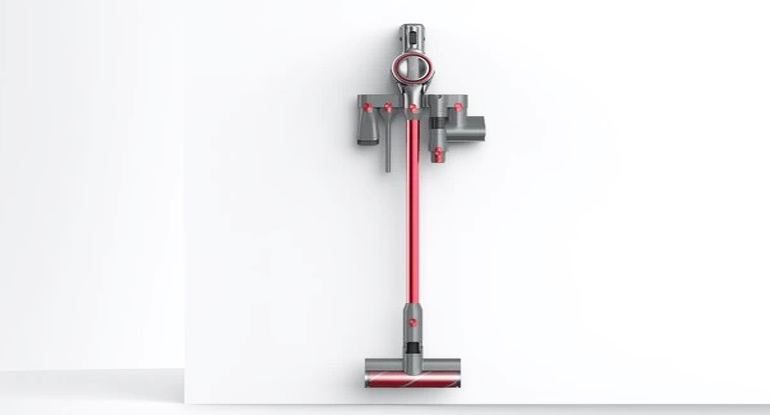



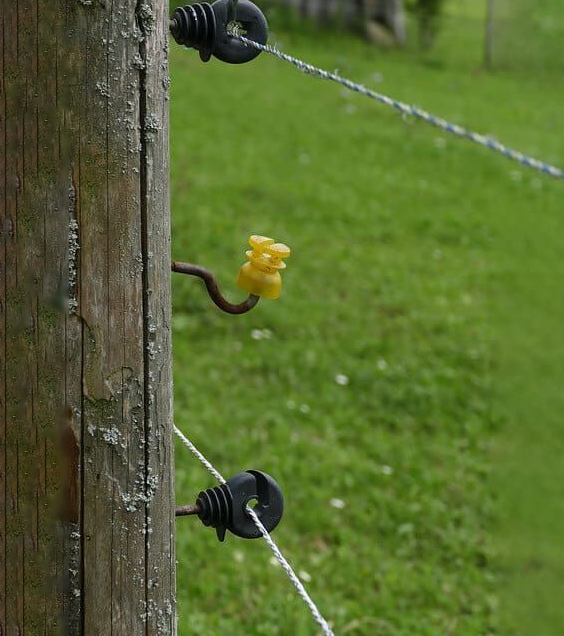
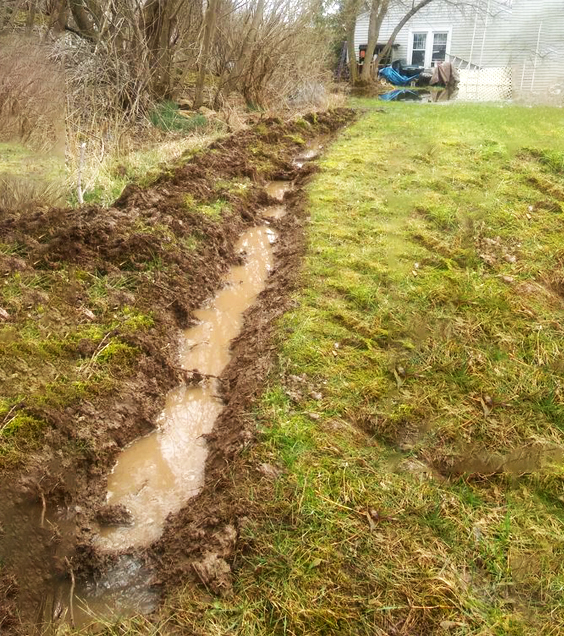

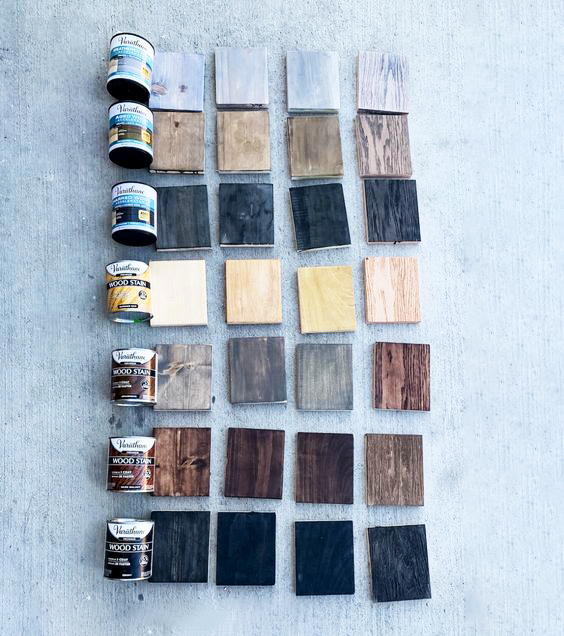
Comment
leave comment